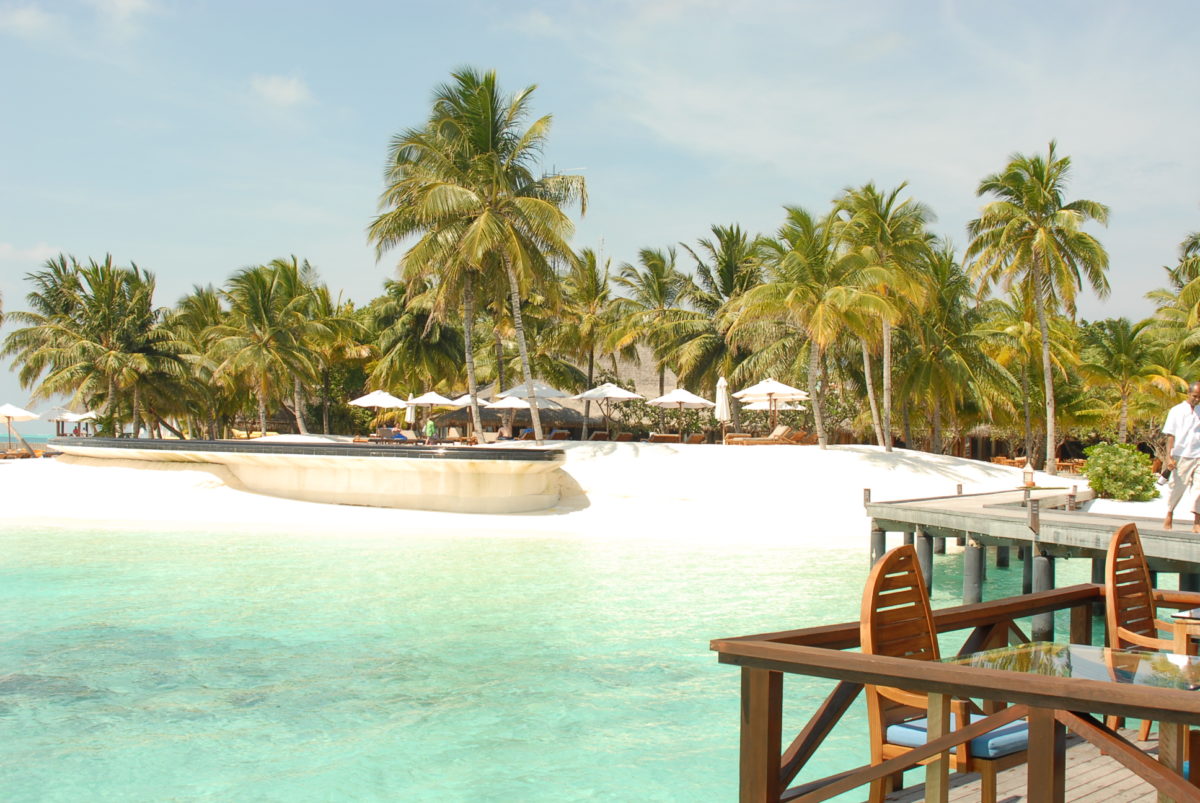
By Helen Cordery
It seems all anyone is talking about these days is health. Our checklists contain key words that ten years ago were only a vague buzzing in our heads. We ask: Is it organic? Compostable? Eco-friendly? Our desire to achieve these goals is driven to peak frenzy by the rise of new travel trends, with ecotourism being touted as the fastest growing sector in travel with an annual revenue of $77 billion that is set to peak in 2018. This is the kind of travel that focuses on the health of a place, like sustainable hotels and tours that involve conservation and wildlife observation. Also in the mix are the in-vogue ¨wellness¨ holidays where resorts sell themselves as combating the modern day anxiety epidemic, or which tackle health issues such as leaky gut syndrome. With the rise of these new travel trends come new sales pitches, and the problem that currently exists is the proliferation of places that are labelling themselves as being green even though, if you peel back the layers, in essence they really aren’t. This phenomenon is called ¨greenwashing¨ and it is everywhere.
In a feature by Business Ethics magazine and Earth Talk, greenwashing was defined as a product, service, company or institution that falsely sells themselves as environmentally friendly in order to expand their market. It is now such a big deal that in 2009 Greenpeace established campaign against it, saying that many of the guilty culprits were actually the opposite of sustainable.
In other words, greenwashing is crafty marketing PR.
The question is: how do we spot the genuine from the fakes? Luckily there are a few ways. The International Organization for Standardization brings 161 of the world’s leading standards bodies together to combine their knowledge and create international standards of the highest quality. Standards exist for all industries, but in the environmental category you can find the ISO14000 family. If a company is certified as meeting these, they can declare that they have gained the standard. Due to the fact that standards are organized into “families,” businesses can pick and choose which ones they want to apply for, meaning that although they represent international requirements and norms, they might not be as far-reaching as the other forms of certification that follow below. The Hilton hotel chain, for example, has achieved the ISO4001 across its 3,750 properties around the world.
There are two business models that are growing in popularity and involve a far more in-depth scope, the first of which is the B Corps movement. B Corps are basically for-profit businesses that have been certified by the B Lab, and once part of the B group they join an international interconnected chain. For businesses there are various pros to getting certified, but for the environment and local communities these benefits are endless. Patagonia CEO Rose Marcario writes that the B Corp movement is one of the most important of our lifetime, built on the simple fact that business impacts and serves more than just shareholders—it has an equal responsibility to the community and to the planet.¨ Companies face a rigorous assessment process and must sign a Declaration of Interdependence that show their products, practices, and profits have been developed for the good of all.
The Long Run is an offshoot of the Zeitz Foundation, an organization that supports initiatives that follow the 4C’s: Conservation, Culture, Commerce and Community. It developed The Long Run as a membership organization specifically for nature-based tourism businesses, and while anyone that meets its requirements can apply to be a Fellow Member or Affiliate Member, the highest accolade is to be certified as GER (Global Ecosphere Retreat). In order to achieve this, The Long Run sends an assessor to the organization, which also needs to submit evidence that they meet the conservation requirements; the process is very detailed and is arguably the one of the most dedicated to environmental causes.
At the end of the day, greenwashing is being tackled on several fronts, but the battle continues. Every day, somewhere in the world, there is a new campaign proposed by ambitious executives eager to be part of the changing world of consumer preferences. The beauty of the internet is that it allows us all to be conscious— if in doubt, make it your homework and start digging!
About the author: Helen Cordery is a freelance writer from New Zealand who has been based in Chile for the last five years. You can follow her adventures on her blog: www.queridarecoleta.com


